The Brazilian classical pianist and conductor João Carlos Martins, born on 25 June 1940 in São Paulo, was hailed as one of the world’s leading interpreters of the music of Johann Sebastian Bach. His performances, marked by technical brilliance and emotional depth, drew comparisons to the greats of his era.
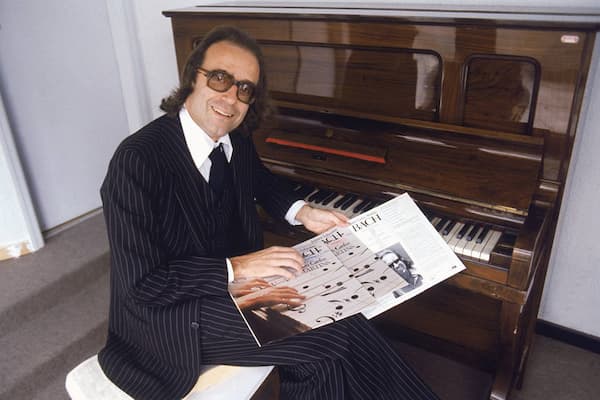
João Carlos Martins
Yet, Martins’ story is one of resilience as much as triumph. A series of devastating setbacks, ranging from a soccer injury that damaged his hand to a neurological condition that progressively impaired his ability to play, threatened to silence his career. Undeterred, he reinvented himself as a conductor, and in 2019, he received a custom-made bionic glove, which enabled him to play the piano with both hands again after decades of physical limitations.
On the occasion of his birthday on 25 June, let us sample some of his most iconic recordings and performances.
João Carlos Martins Performs Bach/Marcello
Bach Concertos
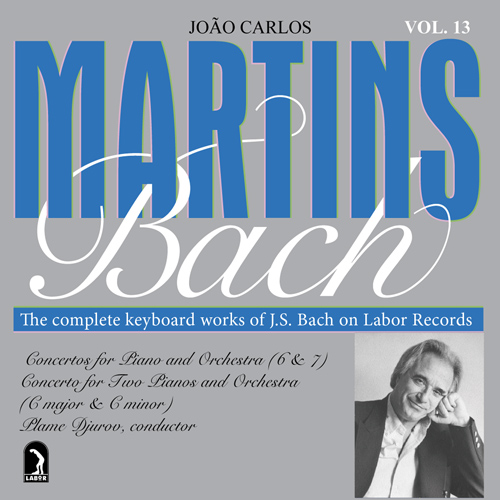
Issued on the Concord Concerto and Labor Records labels in the 1960s, João Carlos Martins’ recordings of Johann Sebastian Bach’s piano concertos stand as a testament to his prodigious talent and distinctive interpretive voice.
His renditions are marked by a crystalline clarity and rhythmic vitality that bring Bach’s intricate counterpoint to life. Critics have noted his ability to infuse these works with a modern pianistic sensibility while preserving their Baroque essence.
These early recordings capture a young virtuoso at his peak, delivering performances that balance technical precision with emotional engagement. In his later recordings of the Bach concerto, Martins revealed a mature perspective shaped by personal adversity.
J.S. Bach: Keyboard Concerto in G minor, BWV 1058 (Joao Carlos Martins, piano; Sofia Soloists Chamber Orchestra; Plamen Djurov, cond.)
Mastering the Impossible
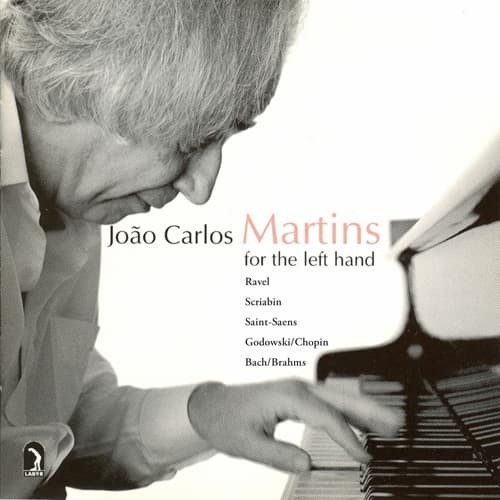
Released in 2010 on Labor Records, João Carlos Martins’ recording of Saint-Saëns’ Six Études pour la main gauche seule, represents a remarkable achievement that underscores his resilience and artistry in the face of physical limitations.
Critics have praised his ability to evoke a full spectrum of colours and textures despite the single-hand constraint, with his performance noted for its “elegant phrasing and dynamic sensitivity” in reviews of the album.
The emotional weight of Martins’ interpretation is particularly striking, reflecting his personal journey of overcoming adversity. His rendition is imbued with a poignant depth that resonates with listeners, transforming technical exercises into profound musical statements.
Camille Saint-Saëns: 6 Etudes for the Left Hand, Op. 135 (Joao Carlos Martins, piano)
A Soulful Dialogue
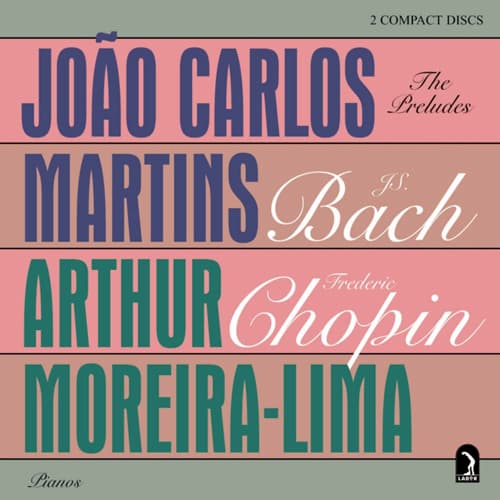
João Carlos Martins’ recordings of Johann Sebastian Bach’s Well-Tempered Clavier preludes juxtaposed by Frédéric Chopin’s 24 Preludes, Op. 28, as featured in select compilations from the 1970s and reissued by Labor Records, offer a compelling dialogue between Baroque precision and Romantic expressivity.
His Bach interpretations sparkle with crystalline articulation and structural clarity, while he infuses Chopin’s lyrical outpourings with a pianistic finesse that echoes Bach’s disciplined architecture. Critics have praised this juxtaposition for its “seamless emotional continuity.”
This pairing, recorded during a period when Martins was navigating the early stages of his physical challenges, carries an undercurrent of personal resilience that elevates the music beyond technical mastery. This soulful dialogue showcases Martins’ unique ability to weave a narrative thread across different eras, creating a listening experience that feels both timeless and deeply human.
J.S. Bach/Frédéric Chopin: Prelude No. 1 in C Major, BWV 846 – Prelude No. 1 in C Major, Op. 28, No. 1 (Joao Carlos Martins, piano; Arthur Moreira-Lima, piano)
Fiery Brilliance
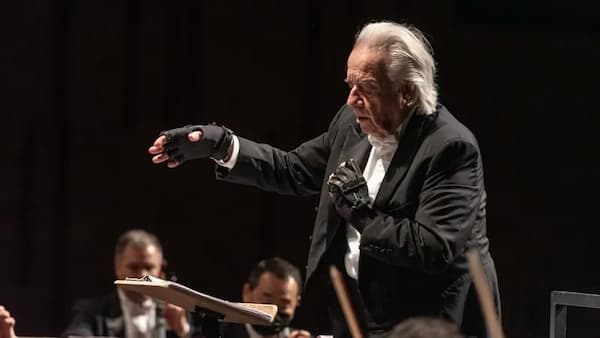
João Carlos Martins
Martins’ recording of Alberto Ginastera’s Piano Concerto No. 1, captured in a 1984 performance with the São Paulo Symphony Orchestra and later released by Labor Records, stands as an electrifying testament to his interpretive depth and technical prowess.
Martins navigates the concerto’s volatile blend of Argentine folk rhythms, modernist dissonance, and percussive virtuosity with a commanding intensity. His incisive touch and rhythmic precision evoke the raw energy of Ginastera’s nationalist vision while also offering profound sensitivity that balances the work’s ferocity.
João Carlos Martins’ legacy as a pianist and conductor endures not only in his masterful recordings and performances but in the indomitable spirit that carried him through unimaginable challenges. His music, a vibrant tapestry of passion and perseverance, continues to inspire, reminding us that true artistry transcends all limitations.
For more of the best in classical music, sign up for our E-Newsletter
